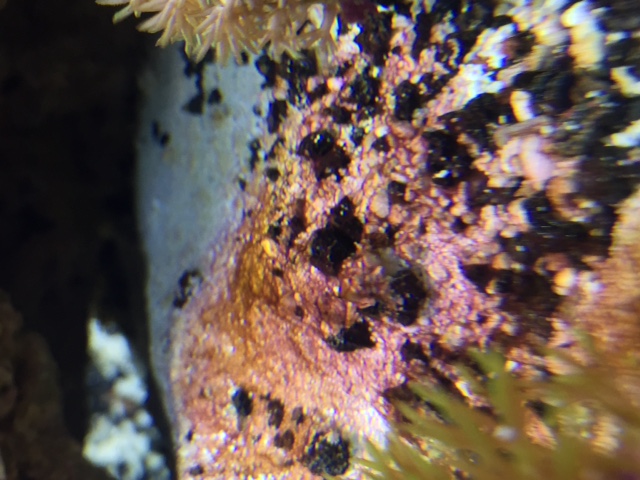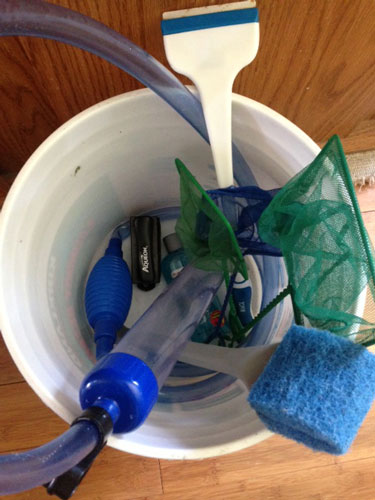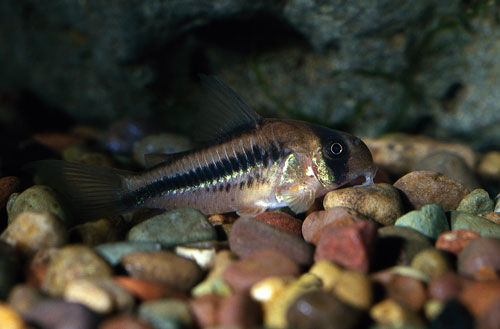Most forms of betta illnesses can be avoided if you diligently take these necessary precautions:
1. Your fish's habitat is clean and comfortable for its optimal health, vitality, growth, and hygiene, and is free of any bacteria or other contaminants.
2. Your fish's diet is well-rounded and consists of all the essential nutrients required for proper growth, and is free of any parasites or bacteria.
3. Your fish is safe and secure, free of any pain, discomfort, or stresses caused by improper water temperature, poor water quality, decaying plants, eroding rocks, or other hostile fish.
If your fish has fallen ill, then there are numerous things that you can do to cure your betta. However, you must realize that treatment takes time, persistence, and patience.
The first thing you must do is clean your fish's habitat thoroughly. Replace the water, remove or replace any objects which you could be contributing to your fish's ailment, whether they are the rocks, the plants, or any other objects in its habitat. Clean the tank / bowl / aquarium thoroughly.
What to do next depends on your betta's symptoms:
Does it have any white spots on its head, body, or eyes?
Is it basically sitting docile and inactive near the bottom of its habitat?
Is it eating enough?
Has it developed a bloated belly?
Is it swimming in an oblong, topsy-turvy manner?
Do you see any signs of your betta's fins and tail turning pale or deteriorating?
Are your betta's scales jutting out like a pine cone?
You rescued your betta's life from the pet store's tiny cup. Now learn how to make your betta into the most comfortable, safe, and cared-for fish in the world. If you are a true betta fish lover or animal enthusiast in general, then you should know that taking care of betta fish involves a great deal more than just doing the bare minimum, which is to change its water and feed it. There is a lot more involved in properly caring for your fish, such as water quality, water temperature, the nature of the fish's habitat in terms of volume of space, rocks, plants, lighting conditions, whether or not you wish to breed your fish, and your fish's social interactions with other fish versus being kept in isolation. If you want to keep your fish healthy, beautiful, active, energetic, and alive for as long as possible, then you have to be willing to go the extra mile in order to provide a better quality of life for your fish. And it all starts with a little bit of education.
Taking care of betta fish can truly be an extremely rewarding experience, so why not go the extra mile and learn everything that there is to know about the proper care, feeding, and nurturing of our little marine friends, the betta splendens (otherwise known as siamese fighting fish)?
Who else wants a beautiful, healthy betta fish, swimming happily in a stunning tank, without having to spend a bundle or constantly worry about your betta's health?

 Cleaner Wrasse
Cleaner Wrasse
 Red Algae in Marine Aquarium
Q. Ive been keeping saltwater fish for about five years, and
Red Algae in Marine Aquarium
Q. Ive been keeping saltwater fish for about five years, and
 Invasive Aquatic Species
Last column, we discussed invasive species and the potentia
Invasive Aquatic Species
Last column, we discussed invasive species and the potentia
 What to Keep in Your Aquarium Maintenance Bucket
It is too easy for hobbyists, especially new ones, to become
What to Keep in Your Aquarium Maintenance Bucket
It is too easy for hobbyists, especially new ones, to become
 Top 10 Fishkeeping Mistakes
Aquarists can say they’ve never made a mistake in their fish
Top 10 Fishkeeping Mistakes
Aquarists can say they’ve never made a mistake in their fish